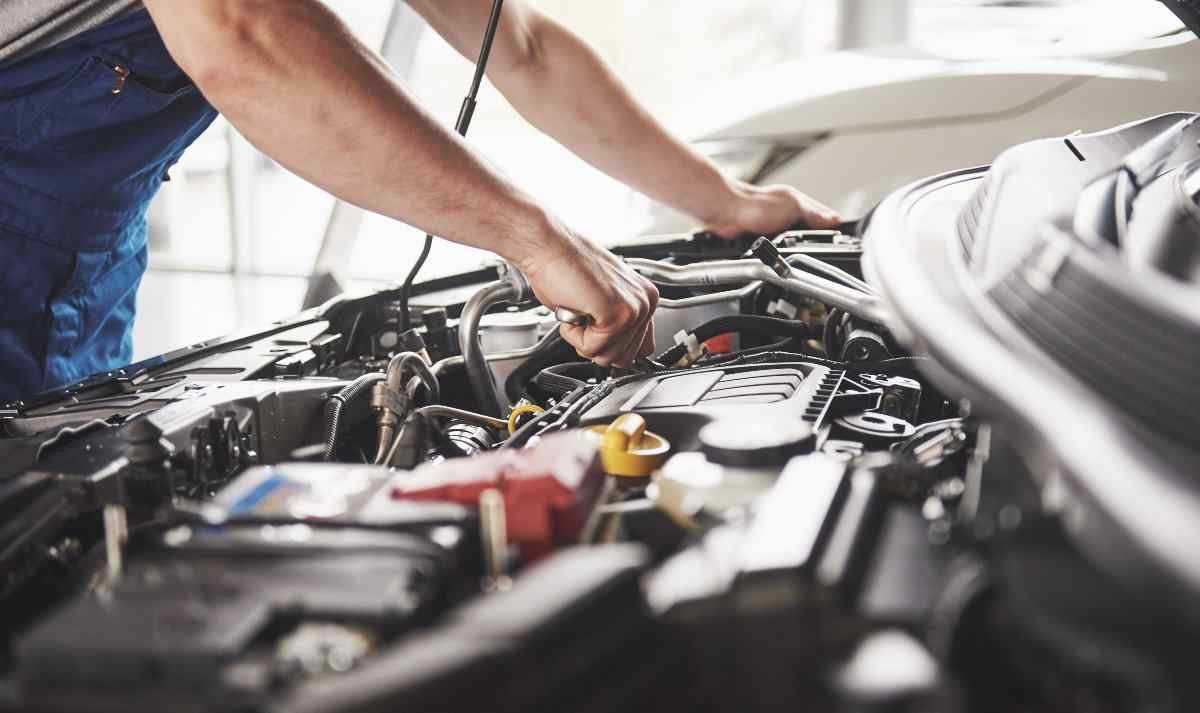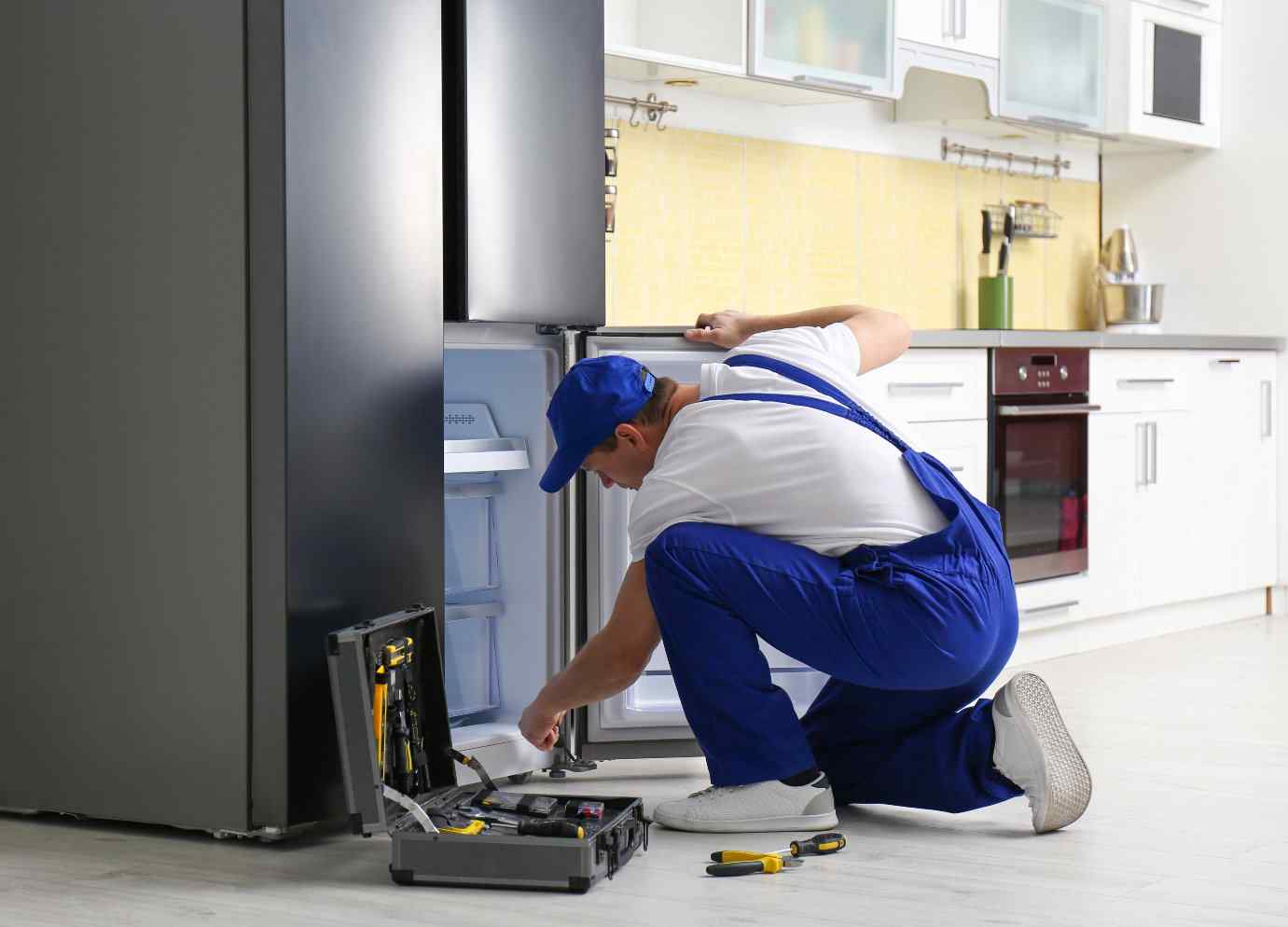7 Most Common Unexpected Expenses
Surprise bills and expenses are the leading cause of unplanned spending for most people. Unpredictable expenses can come in many forms, such as car repairs, home repairs, medical bills, and even unexpected bills. Unfortunately, these little expenditures pile up quickly, and you need to plan for these common-yet-unexpected expenses.
To help you understand how common these unplanned expenses are and what you can do to prevent them from happening again, we’ve rounded up the top seven unexpected expenses for the average American household.
Medical Bills
 Unfortunately, around 23 million people owe medical debt, with nearly three million owing more than $10,000. Although many of us live a healthy lifestyle, the reality is that medical emergencies do occur, and when they do, it’s not cheap.
Unfortunately, around 23 million people owe medical debt, with nearly three million owing more than $10,000. Although many of us live a healthy lifestyle, the reality is that medical emergencies do occur, and when they do, it’s not cheap.
The number one way to avoid exorbitant emergency medical fees is to get health insurance. While the most popular avenue is through a private insurer, often, these health plans come with high monthly payments. However, with these types of plans, your deductible will be lower. Another possibility is to take advantage of employer-sponsored health plans. In some cases, your company will cover the total cost of health insurance, but in many cases, you may need to pay a minimal out-of-pocket fee for the remaining balance your employer doesn’t cover.
However, if you don’t want to shell out the high monthly fees for private health insurance and don’t have access to employer-sponsored plans, you have two options. You can find coverage through your state’s Health Insurance Marketplace or get Catastrophic Health insurance.
Through the Health Insurance Marketplace, individuals and families access a variety of plans based on cost and need. All plans include coverage for:
- Ambulatory services
- Emergency medical services
- Hospitalization
- Laboratory services
- Mental health and substance abuse services
- Pregnancy, maternity, and newborn care
- Prescriptions
- Preventative care
- Pediatric services
- Rehabilitation
Conversely, if you are only looking for emergency health coverage, Catastrophic Health insurance can be a way to mitigate the high costs of unexpected medical bills. Catastrophic Health insurance offers minimal coverage with low monthly premiums and covers emergency or preventative medical care. However, these plans come with high deductibles, and you will need to pay for the medical care until you meet your deductible. This health plan covers:
- Emergency medical expenses
- Preventative services
- Health screenings
- Vaccinations
- Annual check-ups
Another possible option is to speak with the hospital to work out a possible payment plan.
Car Repairs
 Monthly and yearly car maintenance fees cause the price of vehicle ownership to significantly add up. However, aside from registration fees, monthly payments, and insurance costs, unexpected car repairs can put a major dent in your finances.
Monthly and yearly car maintenance fees cause the price of vehicle ownership to significantly add up. However, aside from registration fees, monthly payments, and insurance costs, unexpected car repairs can put a major dent in your finances.
What if you get into a driving accident and have to pay for repairs? What if your car breaks down and needs to be towed away? Plus, neglecting your car’s maintenance can lead to serious issues that could cost you more down the line. Common surprise car repairs include:
- Flat tire: $10 to $250
- Transmission issues: $1,200 to $6,000
- Weather-related damage: $1,000 to $3,500
- Minor collisions: $50 to $3,000
- Engine issues: $100 to $5,000
- Battery issues: $45 to $350
One way to respond to unexpected car expenses is by being proactive. Stay on top of your yearly car maintenance. For instance, regular oil changes can save you from high-cost engine repairs or replacements down the line. While this requires more work, it will prolong the life of your vehicle and ensure unexpected costs aren’t incurred due to a lack of proper maintenance.
However, no matter the measures you take to maintain regular check-ups, collisions happen, and they can require a large chunk of change to repair. That’s why car insurance is likely your best bet for covering unexpected car repairs. Depending on the coverage you choose, your car insurance may offer:
- Liability coverage covers medical and repair costs due to an accident that was your fault
- Uninsured Motorist coverage covers medical and repair costs due to an accident with an uninsured driver
- Collision coverage covers repairs for traffic-related expenses regardless of fault
- Comprehensive coverage covers repairs due to weather, theft, and vandalism
Although, in some cases, the insurance company may not cover the full cost of the collision or mechanical repair. In these instances, anticipate possible surprises by creating a car repair budget and savings account. When creating a budget, you may choose to base the amount on the total cost of your car or monthly payments. However, if your vehicle is older or you drive many miles, increase your car repair budget or up the amount you are saving.
Home Repairs
 Within the past year, three in five homeowners report paying an average of $4,000 out of pocket for an unexpected home repair. And 77% of homeowners had to deal with a surprise expense within the first year of purchasing their new home. Common unexpected home repairs include:
Within the past year, three in five homeowners report paying an average of $4,000 out of pocket for an unexpected home repair. And 77% of homeowners had to deal with a surprise expense within the first year of purchasing their new home. Common unexpected home repairs include:
- Electrical upgrades: $500 to $6,000
- Roof repair or replacement: $300 to $11,000
- Water heater replacement: $600 to $1,300
- Water damage repair: $1,200 to $3,000
- Septic repairs: $1,700 to $9,500
- Heating and air condition repair, replacement, or installation: $600 to $12,500
- Pipe repairs or replacements: $300 to $2,500
When making a financial plan to buy a home, you should create a line item in your budget dedicated to home repairs. One way to prepare for unexpected home repairs is to set aside 1% of your home’s total value each year. For instance, if your home costs $500,000, save $5,000 annually or about $400 monthly. Of course, it’s likely you won’t encounter major home repairs every year, but regularly saving 1% can make sure you have adequate savings if a large-sum home expense crops up.
For additional savings, you can bundle your homeowner’s insurance with your auto policy. Standard policies cover damages from natural disasters; however, these typically don’t include flood or earthquake protection. Nevertheless, you can opt for flood insurance or a policy that covers earthquake damage if you live in a high-risk area.
Utilities
Many individuals often don’t think twice about their utility bills because the costs are relatively minimal or the same month to month. However, with the cost of natural gas skyrocketing, many households are seeing the impact on their energy costs.
For example, to mitigate the chances of unexpected high-cost utility bills, you can adjust your thermostat and turn off appliances when they’re not in use. You can also install LED light bulbs and high-efficiency appliances like dishwashers, which reduce your electric bill and save water at the same time.
Additionally, regularly clean underneath and around your household appliances to remove dust. This reduces how hard these machines work, also decreasing your utility bill. Finally, consider conducting an energy audit to determine which appliances cost you the most. Many utility companies offer free audits. Once you determine what’s sucking up the most electricity, you can make changes, such as installing ceiling fans, weatherstripping gaps, or insulating your home.
Travel Expenses
When planning a vacation, you likely purchase tickets months in advance to take advantage of special savings. However, unexpected work- or family-related travel can burn an unnecessary hole in your wallet. Depending on where you’re traveling from and to, some flights can be quite pricy, especially for international or cross-country travel.
Nevertheless, there are some ways you can lower the cost of unexpected travel:
- For short-to-medium trips, see if you can drive, take a bus, or travel by train.
- If flying is your only option, flights with layovers may be cheaper. Although this will require more travel time, it can save you a significant amount of cash.
- Open a general savings account and tap into it to cover the cost of surprise travel.
- Compare prices from several airlines as some may offer last-minute deals.
New Electronics or Appliances
 When we invest thousands of dollars in new appliances or electronics, we expect them to last for years. But sometimes, this isn’t the case. And it can be extremely frustrating when you rely on your home PC for work or can’t cook because of a broken stove.
When we invest thousands of dollars in new appliances or electronics, we expect them to last for years. But sometimes, this isn’t the case. And it can be extremely frustrating when you rely on your home PC for work or can’t cook because of a broken stove.
To lower the unexpected costs of appliances, regularly clean and maintain them. Often, because of dust buildup, many appliances like dishwashers and dryers can be overworked, resulting in faster breakdown. Similarly, make sure you’re offloading pictures and documents from your computer to an external drive. This frees up space on your PC and improves performance.
In other circumstances, insurance may again be your best option to save you from unexpected electronic costs. Often, screen repairs are covered, as well as manufacturers’ defects. For minor replacements, consider looking up a DIY video and completing the repairs yourself. While this often can’t be done for appliances, you can still look for financing options at local retailers. Some stores may offer appliance financing that allows you to pay in installments.
Gifts, Holidays, and Celebrations
With busy schedules, it’s easy to forget upcoming baby showers, weddings, or birthdays. And by the time you realize it, you may have already spent your monthly salary. Most often, making sure to keep your eye on the calendar can reduce the number of these unanticipated expenses. While some unanticipated gift expenses can be fixed with better planning, others may require more creative solutions. For instance, you can:
- Give homemade gifts
- Offer your time or skills as a gift. For instance, you can offer to babysit so the new parents can have a much-needed day to relax. Or, if you’re a photographer, you can offer to snap a few shots of the newlyweds.
- Make a gift basket
Sum Up
You might find unexpected expenses creep up on you from time to time. Make sure you’re keeping tabs on your spending and make sure you’re saving for unforeseen expenses like medical bills, home and car repairs, and even minor utility costs.





